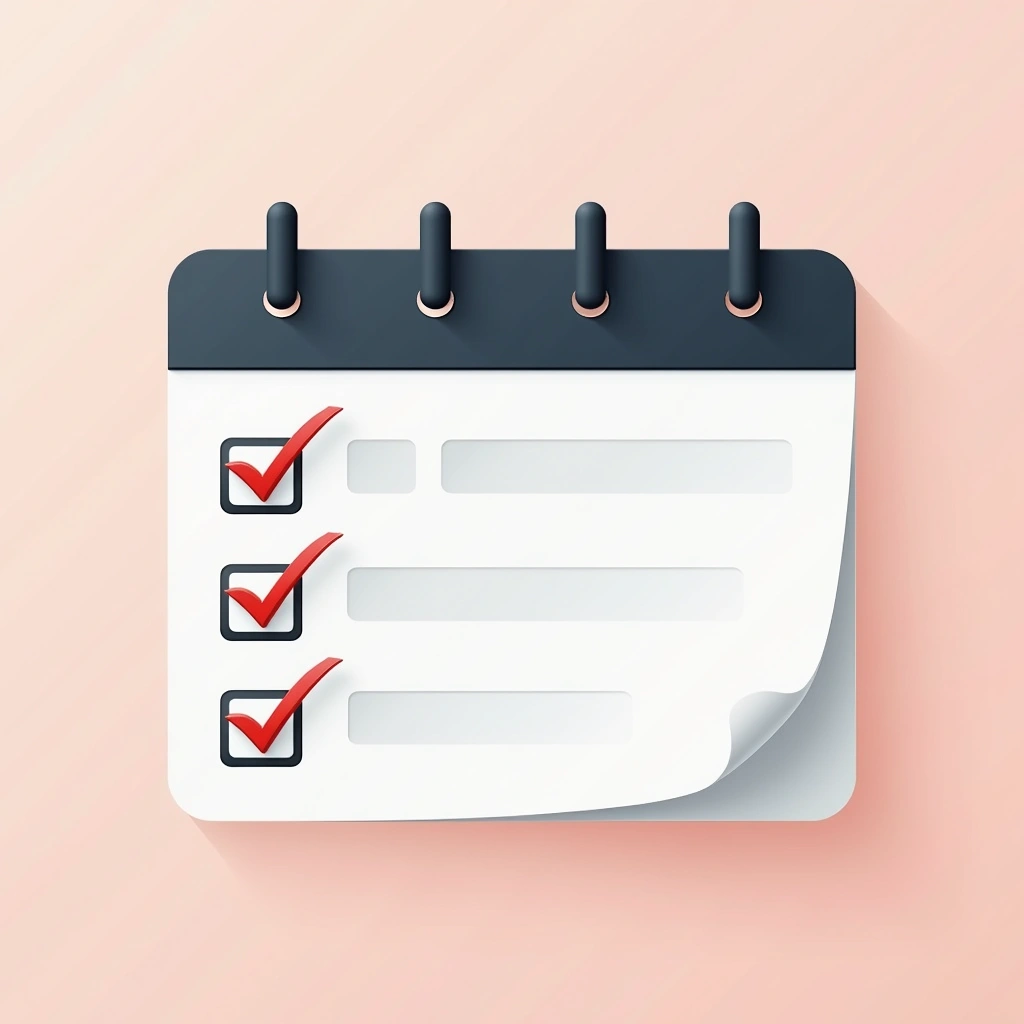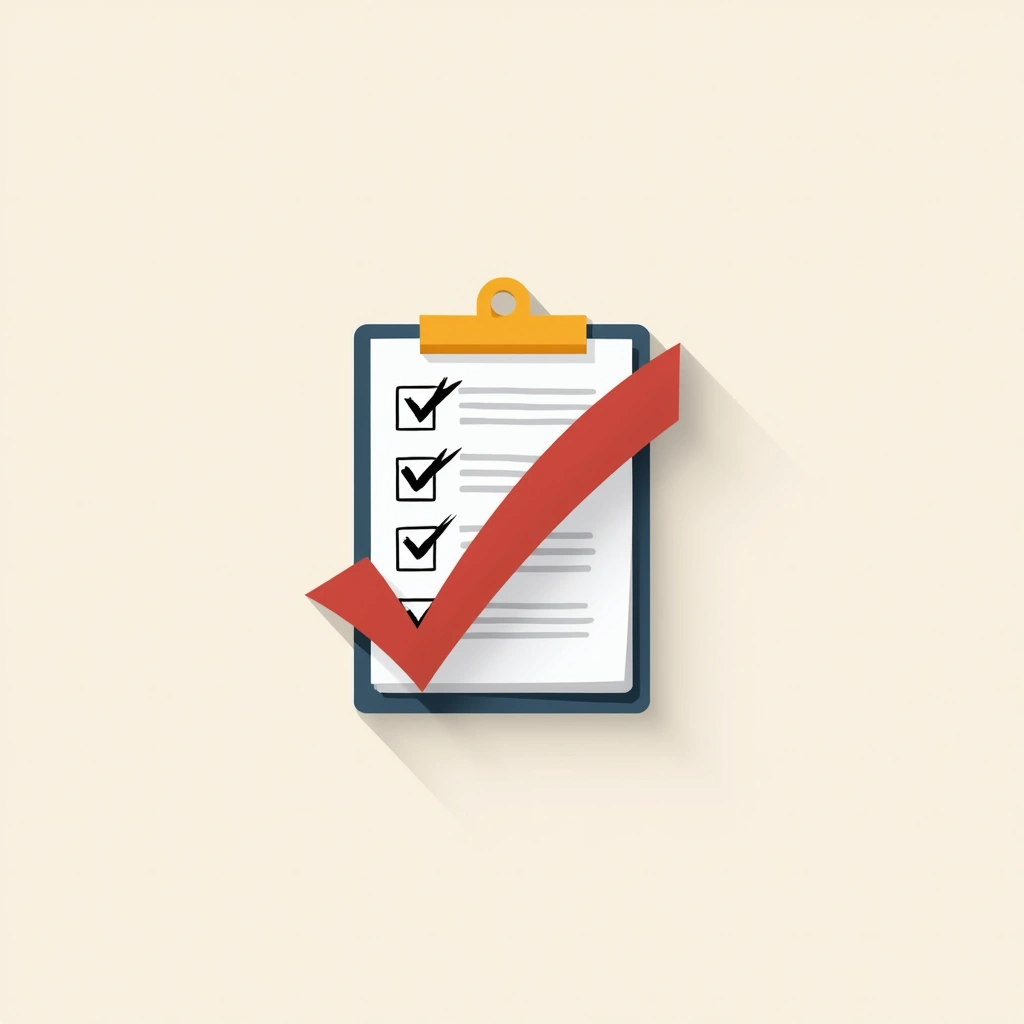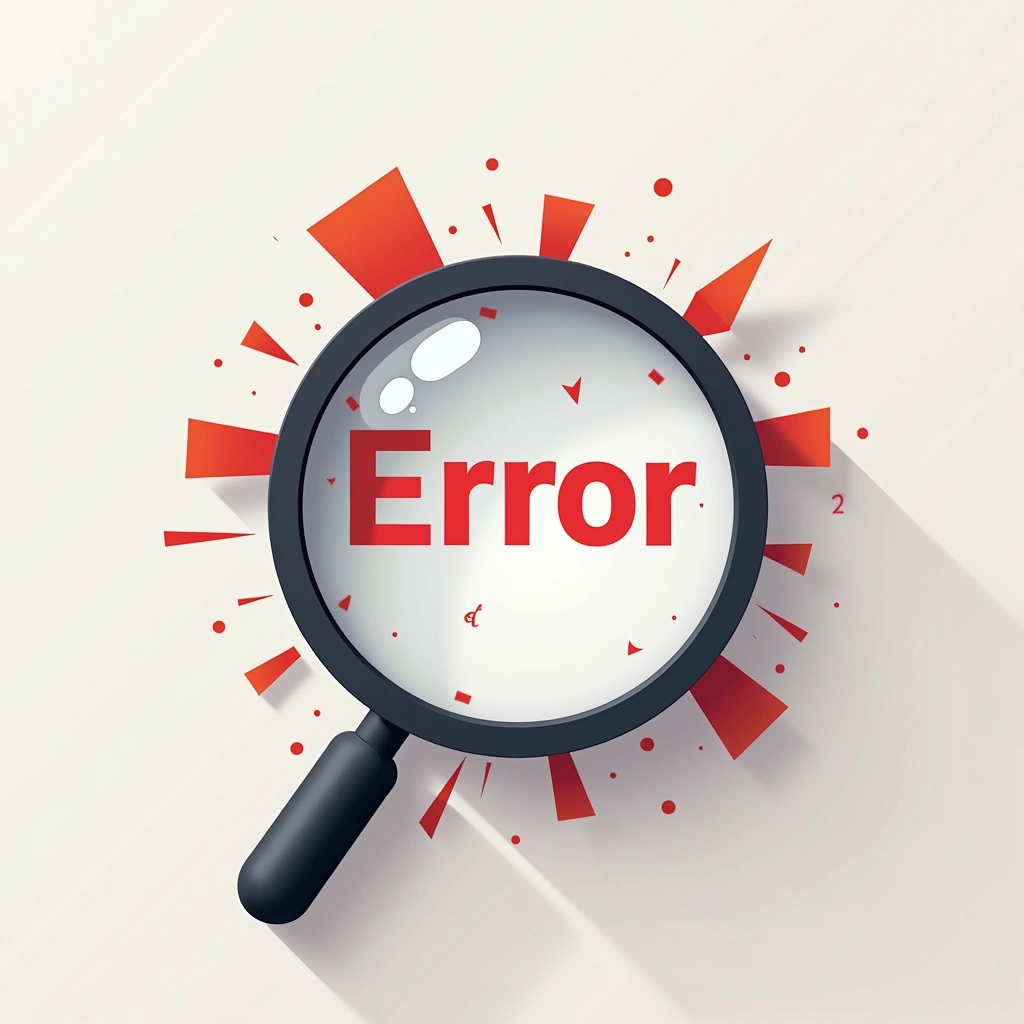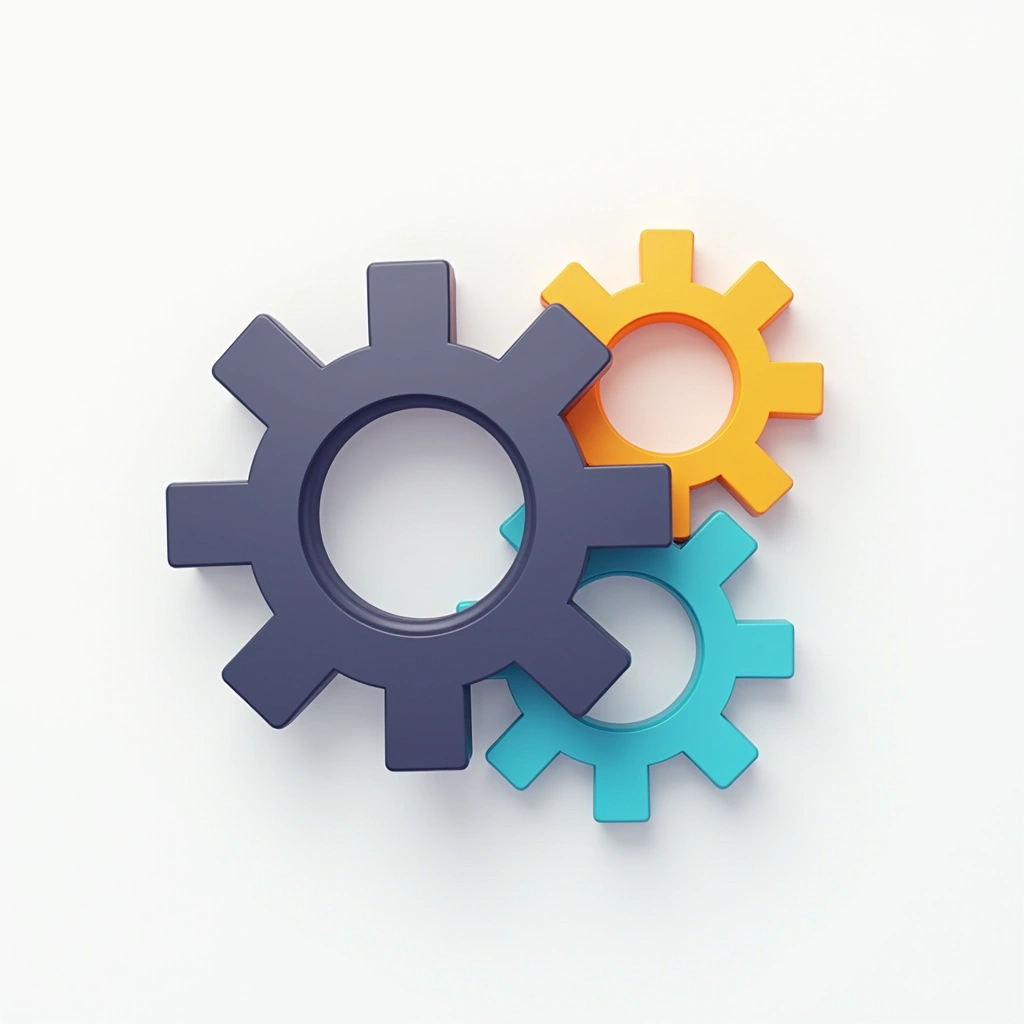
Code Every Day
Practice coding daily, even if just for 30 minutes, to strengthen your programming skills consistently. This habit creates a compound effect similar to saving money, where your skills gradually accumulate over time.



Participate in Code Reviews
Regularly give and receive feedback on code to improve quality and learn from others. Code reviews expose you to different approaches and help identify blind spots in your own work.



Prioritize Health Routines
Maintain regular exercise, balanced diet, and quality sleep to boost cognitive function and programming abilities. A healthy body directly contributes to mental clarity and problem-solving capacity.



Use Eisenhower Matrix
Categorize programming tasks by urgency and importance to focus on high-value work. This system helps you decide whether to do, schedule, delegate, or eliminate tasks.



Practice Time Blocking
Divide your workday into dedicated chunks for specific programming tasks to maintain focus. This technique reduces context switching and creates protected time for deep work.



Use Pomodoro Technique
Code in short, focused bursts (typically 25 minutes) followed by brief breaks to maintain high productivity. This method prevents burnout while maximizing concentration during work periods.



Write Readable Code
Focus on creating code that humans can easily understand through meaningful variable names, consistent indentation, and clarity. As Martin Fowler said, 'Good programmers write code that humans can understand.'



Plan Before Coding
Define the problem and sketch out solutions before writing any code. This preliminary planning prevents missteps and enhances efficiency throughout the development process.



Embrace Code Simplicity
Strive for straightforward solutions rather than complex implementations. Simple code is easier to understand, maintain, and troubleshoot over the long term.



Break Tasks Down
Divide large programming challenges into smaller, manageable components. This approach enhances focus, enables better testing, and facilitates collaboration with team members.



Test Early and Often
Integrate testing throughout the development process rather than leaving it until the end. Regular testing catches errors early, reduces debugging time, and prevents cascading issues.



Use Version Control
Embrace tools like Git to track changes, collaborate with others, and maintain code history. Version control provides safety nets for experimentation and facilitates team coordination.



Follow Coding Standards
Adhere to established formatting and style guidelines for your language or framework. Consistent standards make code more readable and maintainable for everyone on the team.



Document Your Code
Create clear documentation explaining your code's purpose, usage, and intricacies. Well-documented code becomes a valuable asset that remains useful even when original developers move on.



Pursue Continuous Learning
Stay updated with the latest programming trends, languages, and tools through dedicated study time. Technology evolves rapidly, and ongoing education keeps your skills relevant and competitive.



Review and Refactor
Regularly examine your code for improvement opportunities and implement refinements. This practice ensures your codebase remains efficient, maintainable, and aligned with evolving best practices.



Leave Work Unfinished
Intentionally stop coding just before completing a straightforward task to make restarting easier the next day. This technique provides a clear entry point that helps you quickly regain flow state.



Master IDE Shortcuts
Learn and regularly use keyboard shortcuts and advanced features of your development environment. Mastering your tools reduces context switching and frees mental capacity for solving actual problems.



Read Error Messages
Take time to thoroughly understand error messages rather than making assumptions about problems. Carefully analyzing errors provides crucial information that speeds up debugging and prevents recurring issues.



Use Configurable Values
Make values configurable instead of hardcoding them directly into your program. This practice separates moving parts from stable code and makes applications more adaptable to change.



Avoid Reinventing Wheels
Leverage existing libraries and solutions instead of writing everything from scratch. This approach saves time, reduces bugs, and lets you focus on the unique aspects of your problem.



Understand Before Reusing
Thoroughly comprehend code before copy-pasting or adapting it for your needs. Understanding the full functionality prevents unexpected side effects and deepens your knowledge simultaneously.



Learn Fundamentals Deeply
Take time to understand how things work under the hood rather than just using high-level abstractions. Deep knowledge of fundamentals makes you more effective at troubleshooting and optimizing code.



Use TODO Comments
Add structured TODO comments for small issues instead of postponing fixes indefinitely. This practice creates a traceable record of needed improvements that might otherwise be forgotten.



Prioritize Code Readability
Focus on making code accessible rather than clever or concise. Readable code prioritizes long-term maintainability over short-term demonstrations of technical prowess.



Choose Appropriate Tools
Select the best tool for each specific task rather than sticking with familiar favorites. Different programming challenges often require different editors, languages, or frameworks for optimal results.



Verify Requirements Thoroughly
Spend extra time reviewing and understanding requirements before starting to code. This front-loaded effort significantly reduces rework by ensuring you're solving the right problem from the beginning.



Design Before Implementation
Create a clear design plan before writing code, whether for new projects or additions to existing codebases. Following a coherent design prevents corner cases and aligns with established patterns.



Master Learning Techniques
Develop effective strategies for acquiring new programming knowledge rather than focusing only on technologies themselves. Meta-learning skills enable faster acquisition of any technical skill you'll need throughout your career.



Improve Collaboration Skills
Develop effective communication and teamwork capabilities for programming projects. Strong collaboration enhances project outcomes by leveraging collective intelligence and preventing misalignments.

